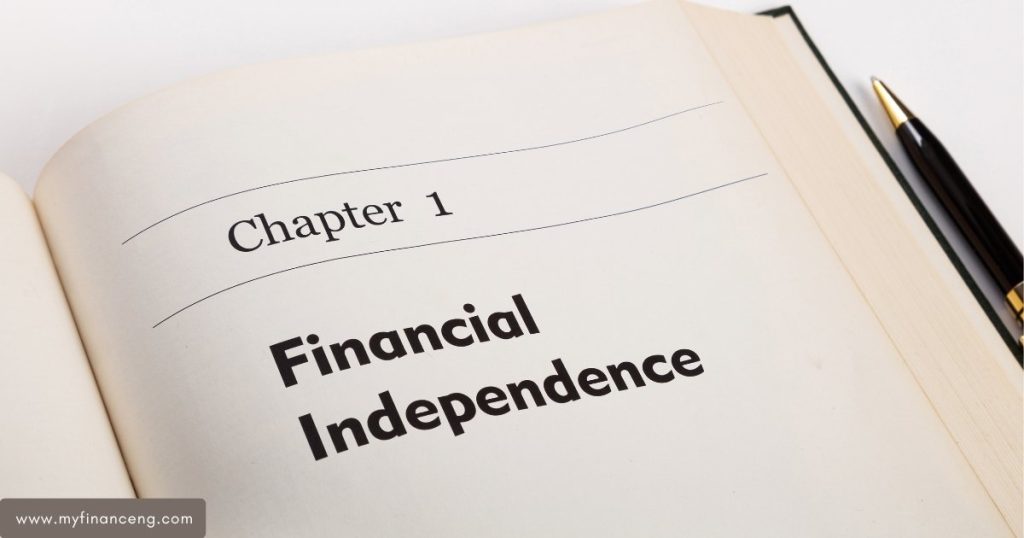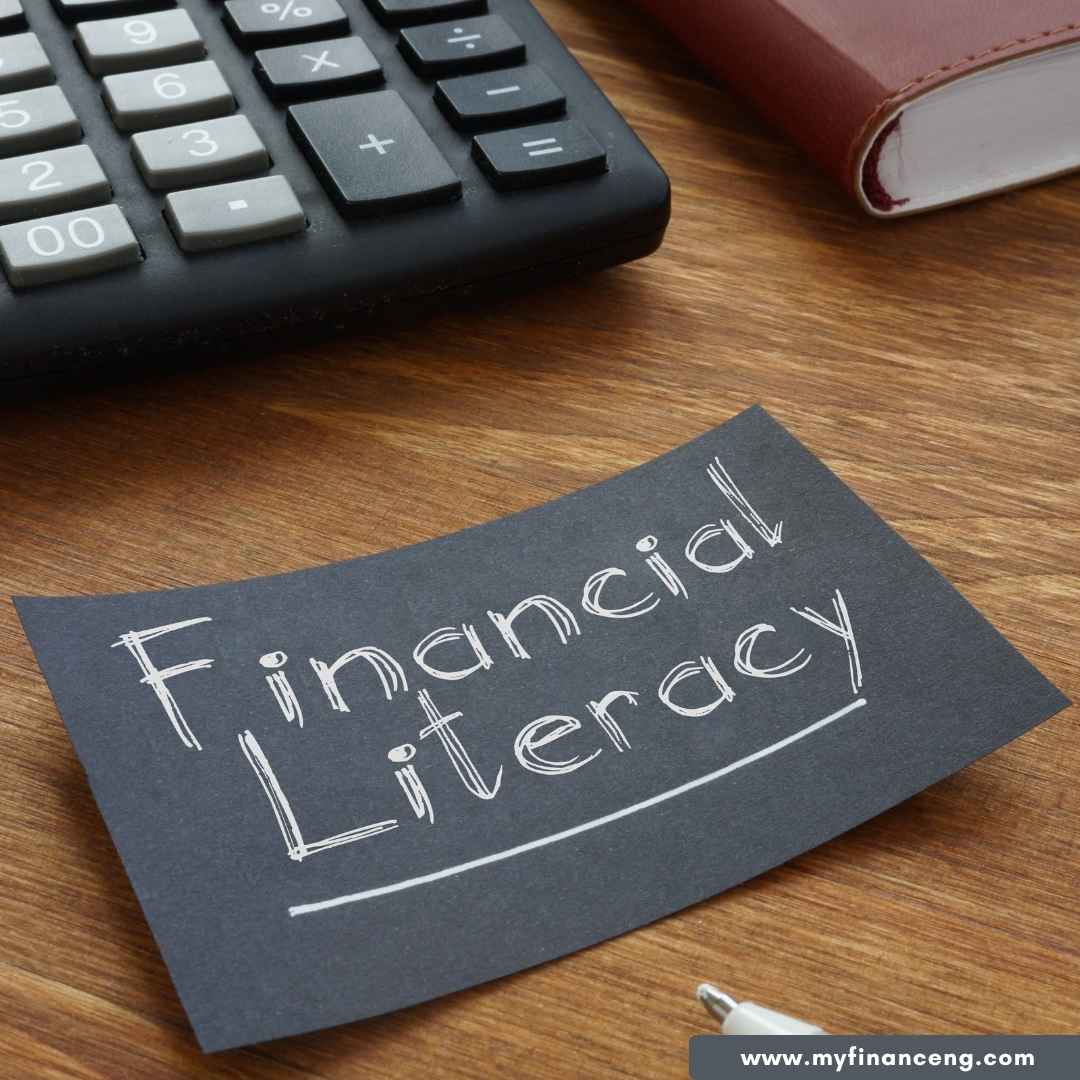Introduction: Financial Literacy at a Glance
Discover the key advantages of financial literacy and how it empowers you to make smarter financial decisions for a successful future.
Financial literacy is the capacity to judge and the understanding to make effective decisions regarding the use and management of money. This includes budgeting, saving, investing, credit, and planning for retirement.
In today’s sophisticated financial world, knowing these concepts is not just helpful but necessary for success personally and professionally.
The BASIS of Financial Literacy
Financial literacy includes several aspects at its core. From developing core budgeting and debt skills to learning rare but powerful outlier concepts such as how to plan for a substantial 80-year financial life, all are vital ingredients in the overall recipe for tailor-made personal financial mastery.
The theory is that to make better financial decisions, you need to understand credit scores, insurance, taxes, and investing, which are the fundamental building blocks for making informed and responsible financial decisions.
Financial Literacy And Why You Need It For Self-Growth
People make better financial decisions when they’re financially literate; better financial decisions mean a more prosperous and growing person.
Whether buying a house, funding college, or paying bills, financial literacy builds confidence in facing decisions complicated by stretching dollars.
It can also foster self-reliance – people who understand their money are less likely to rely on others for advice or support.
The Role of Financial Literacy in Achieving Financial Independence

One of the most significant gifts of financial knowledge is that it can help with economic freedom. Budgeting and saving are essential skills that allow people to choose how to spend and manage resources wisely to live within their means.
The more people know where they stand financially, the less likely they are to turn to debt unnecessarily and the more likely they’ll put down the strong foundation from which long-term financial independence grows.
Wealth BUILD UP Through Financial Education
Earning a good income is not enough to build wealth; many should play the game of wealth-building chess. The dilemma of why saving and investing are necessary for growing money is an aspect that financially literate people easily grasp.
They are also enabled to be informed about their investments, whether in the form of stocks, bonds, real estate, or retirement funds. Through informed decisions like these, anyone can supercharge their wealth and become financially independent.
Financial Literacy & Managing Debt
Debt is a key hurdle in the journey toward financial freedom. Financial literacy is key when it comes to determining good versus bad debt and knowing how to handle and manage your credit.
Those who are “financially literate” can better handle credit cards, loans, and mortgages. They know the best strategy for eliminating high-interest debt and how to avoid getting into unsustainable debt that can block them from achieving financial success.
The Connection Between Financial Literacy And Career Success
In today’s competitive employment market, financial literacy is a key skill that affects career advancement. How you manage your salary, taxes, and other economic issues is essential to your long-term career success.
Don’t forget that planning for retirement and knowing what it means to be an employee at work also matter for long-term financial security and career advancement.
Financial Literacy Through the Lens of Family and Relationships

The role of financial literacy in household financial management. Couples who are financially literate are more prepared to work together to make savvy financial decisions, ranging from buying a home to saving for their children’s education.
It will also teach the kids lessons about money and responsibility from a young age, which means when they grow up, they stand a better chance of being more financially literate adults and can pass that knowledge down to their kids, thus breaking the cycle for future generations.
The Financial Mental Connection
Some of the top reasons people are anxious about their financial situation are as follows: 8 Causes of ANXIETY Related to MONEY and FINANCES Financial Stress.
The main reason people are anxious is because of their financial situation. Yet, people with high levels of financial literacy can better structure their financial affairs to avoid that stress.
Learning the art of budgeting, trying where possible to save for a rainy day, and how to plan can ease the persistent gnawing feeling of dread that comes part and parcel with financial insecurity.
Enhancing one’s financial well-being can improve emotional well-being and quality of life.
Entrepreneurship and Financial Literacy
Financial literacy is key in entrepreneurship. Whether building a startup or running an existing business, financial literacy is key to understanding cash flow, tracking funds, and deciding how to expand.
Founders who “get numbers” (i.e., comprehend ROI, profit margins, and operating capital) are more likely to succeed and grow their businesses efficiently.
The Importance of Financial Knowledge in Retirement Planning
Retirement planning is one of the most important steps to ensure the future is bright regarding financial stability.
Lack of financial literacy can mean missing out on retirement savings or not making wise investments.
Here are a few benefits of being financially savvy: Knowing the significance of the early start for retirement savings, taking advantage of employer-sponsored retirement plans, and the need for diversifying investments to ensure you achieve a safe and comfortable retirement.
Encouraging Long-Term Financial Security Through Financial Literacy
The path to long-term financial stability is more than about saving money; it’s about intentionally enabling to sustain growth.
Those who are financially literate know the importance of setting themselves a financial cushion, investing smartly, and having themselves insured for unexpected eventualities.
These steps purportedly create a secure financial future where you can sail through life’s ups and downs without losing your sanity.
Global Influence of Financial Literacy on Society

In a broader view, knowledge of financial literacy can affect society. Financially literate people are more likely to make sound economic choices, which results in better economic stability and less poverty.
Taking on the challenge of financial inequality and ensuring that financial education is available for everyone will allow society to have a balanced distribution of wealth and resources.
Breaking Down Walls to Financial Literacy
Nevertheless, financial literacy is a concept many people struggle with due to their limited access to quality education and the increasing complexity of financial markets.
Unfounded myths like financial knowledge are meant for the rich and keep people away from financial education.
Fortunately, these obstacles can be surmounted with efforts such as financial education, outreach within the community, and internet access, which individuals may utilize to find the information they require.
The Future of Financial Literacy
The future of financial literacy looks bright, as technology will continue to be a key driver in democratizing financial education.
“The digital world we live in today is the easiest possible way for people to learn about managing money,” Mr Sphinx said.
Even better, education and the workplace are increasingly using financial literacy to elevate themselves, so future generations have all they need to succeed.
In Conclusion: Advantages of Financial Literacy
Financial literacy is more than a skill; it is a tool for success and a better future. By learning about budgeting, saving, investing, and controlling debt, people can let go of their fear of the future about losing their money and become financially secure.
While financial literacy is increasingly recognized as critical to personal and professional success, it is a knowledge base that continues to expand and be made more universally attainable.

